Invited Speakers
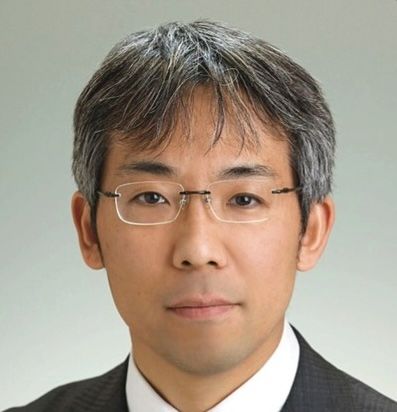
Dai Aoki
Tohoku University
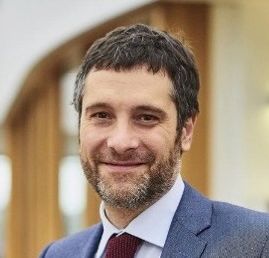
Andrea Cavalleri
Max Planck Institute
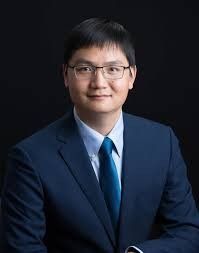
Hui Chen
Institute of Physics, Chinese Academy of Sciences
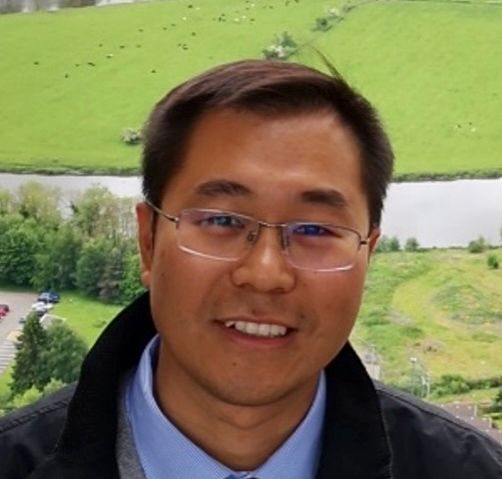
Jin-Guang Cheng
Institute of Physics, Chinese Academy of Sciences
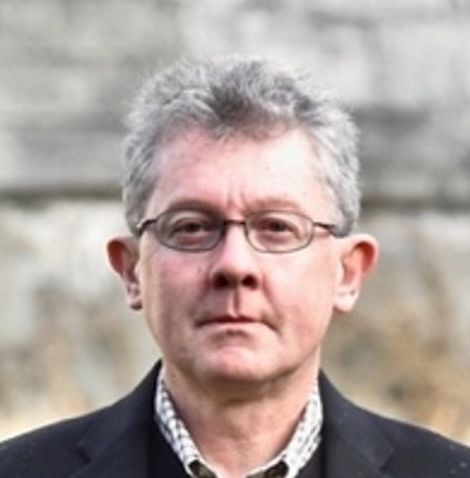
J.C. Séamus Davis
University of Oxford// Cornell University// Max Planck Institute
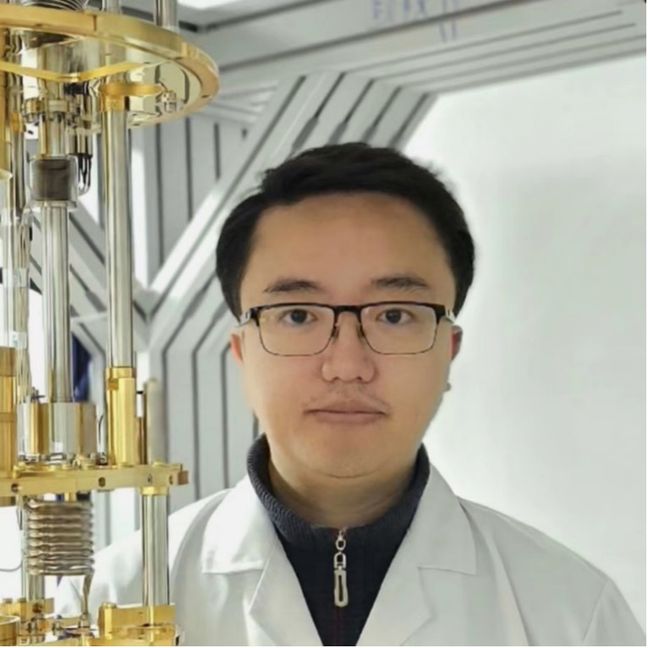
Lingjie Du
Nanjing University
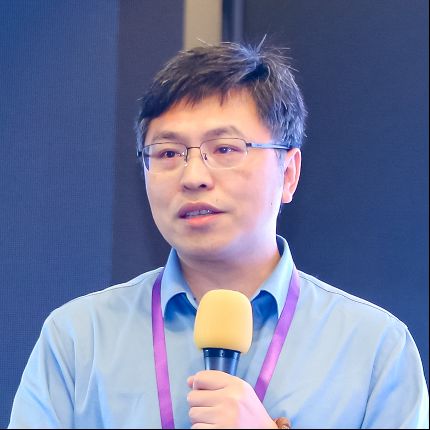
Donglai Feng
Fudan University
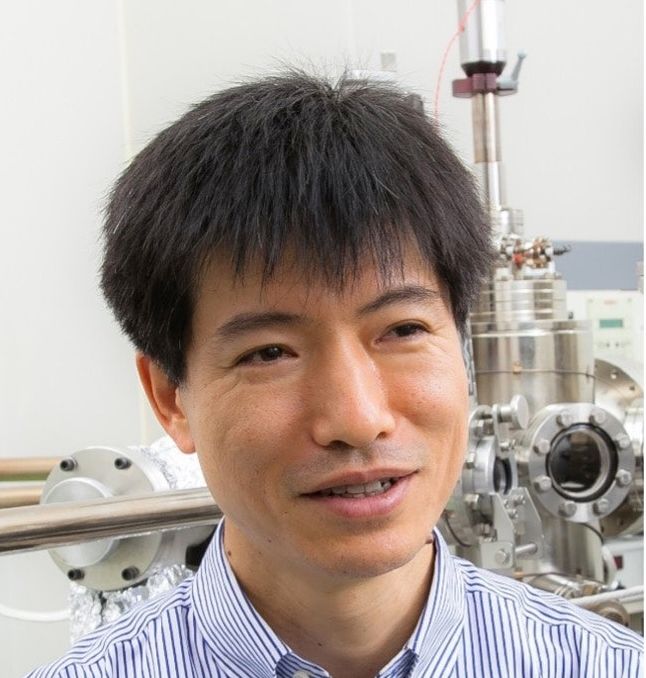
Tetsuo Hanaguri
Riken
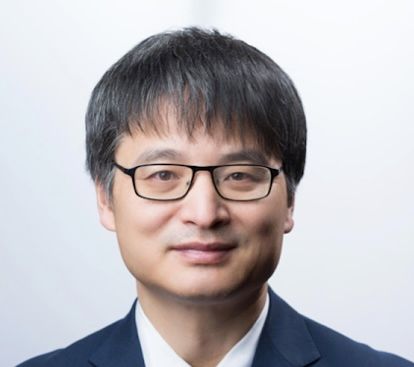
Jiangping Hu
Institute of Physics, Chinese Academy of Sciences

Steven Allan Kivelson
Stanford University
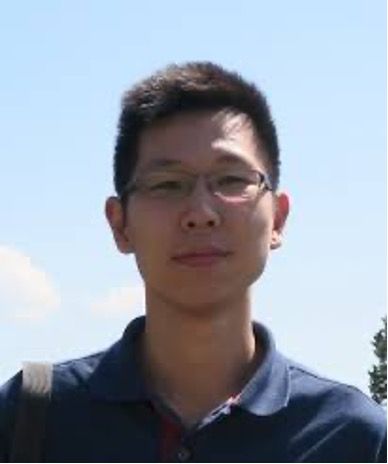
Tingxin Li
Shanghai Jiaotong University
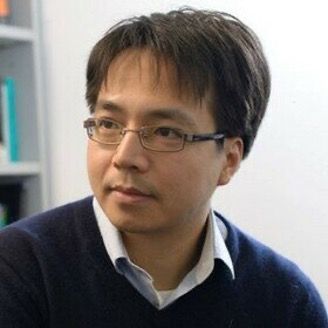
Kam Tuen LAW
Hong Kong University of Science and Technology
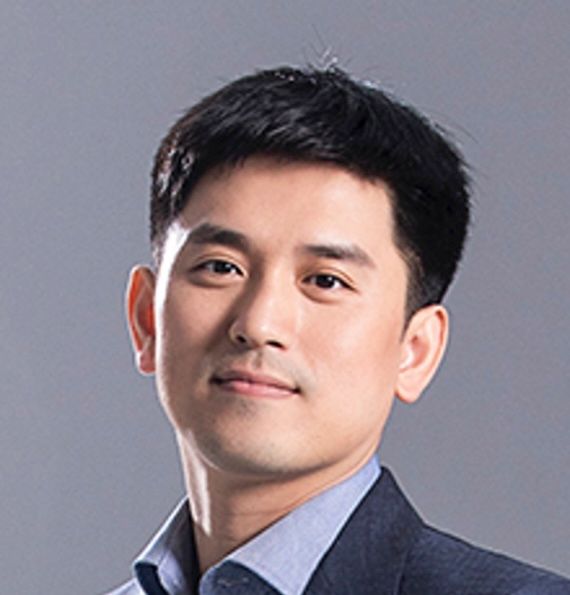
Xiao Lin
Westlake University
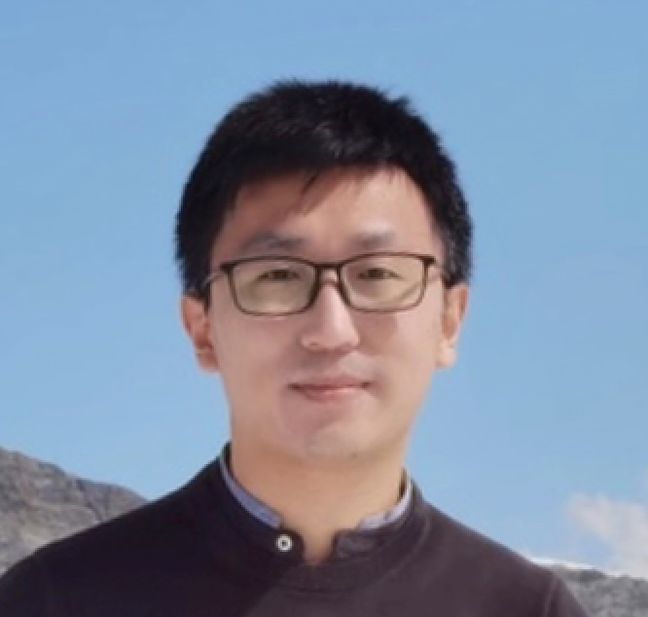
Xiaobo Lu
Peking University
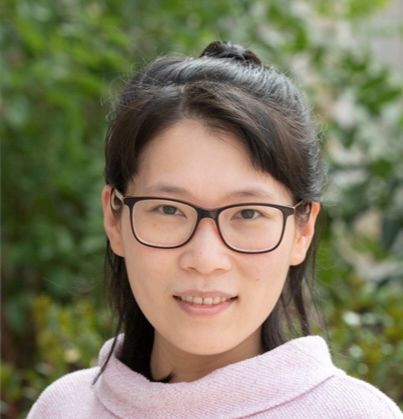
Qiong Ma
Boston College
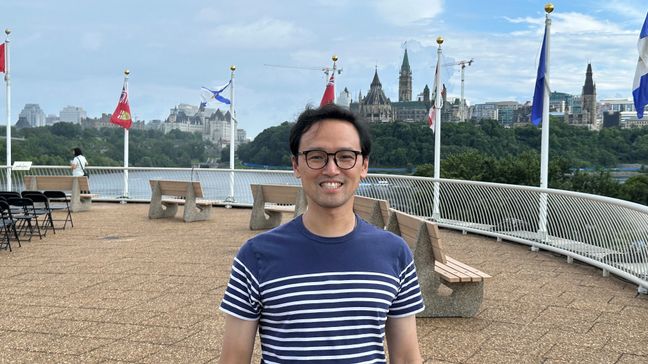
Kin Fai Mak
Cornell University
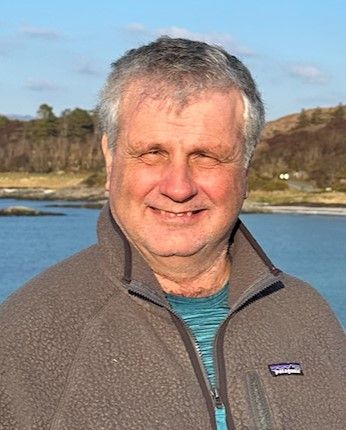
Andrew P Mackenzie
Max Planck Institute
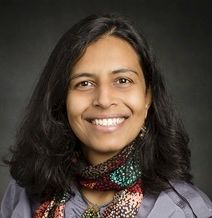
Vidya Madhavan
University of Illinois Urbana-Champaign
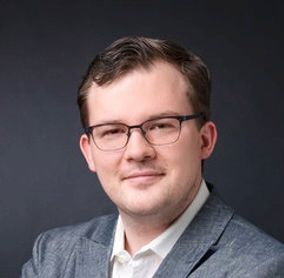
Philip Moll
Max-Planck-Institute
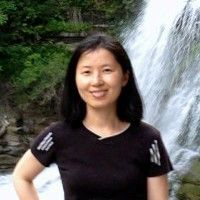
Jie Shan
Cornell University
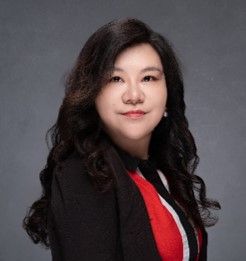
Jie Shen
Institute of Physics, Chinese Academy of Sciences
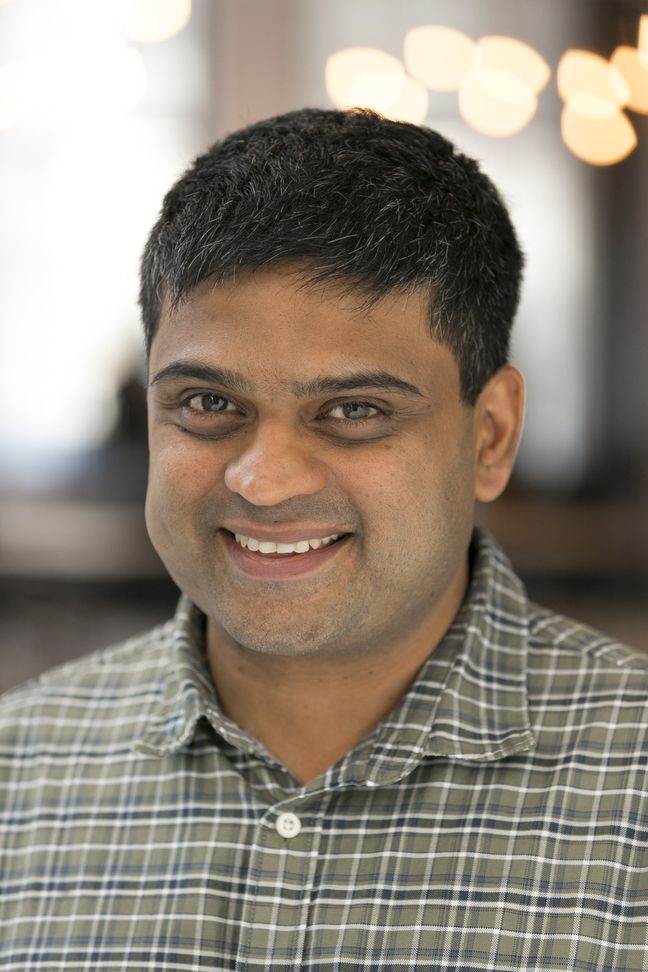
Ashvin Vishwanath
Harvard University
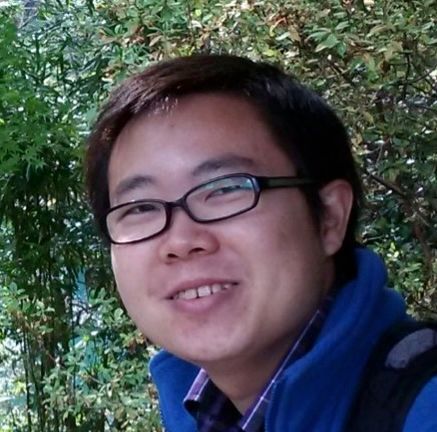
Yuan Wan
Institute of Physics, Chinese Academy of Sciences
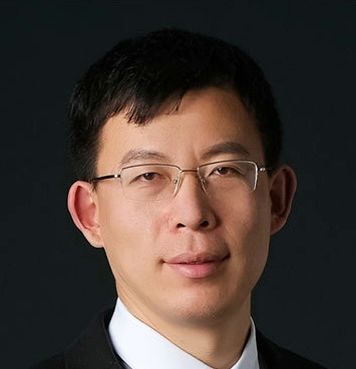
Meng Wang
Sun Yat-Sen University
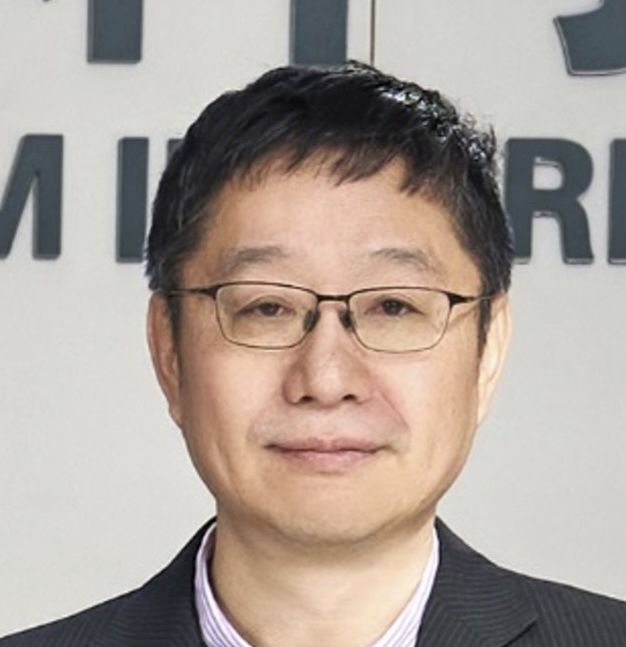
Nan-Lin Wang
Peking University
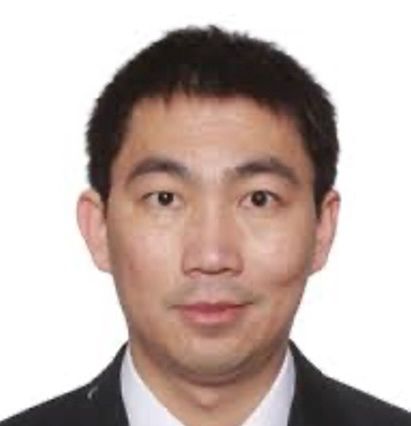
Jian Wang
Peking University
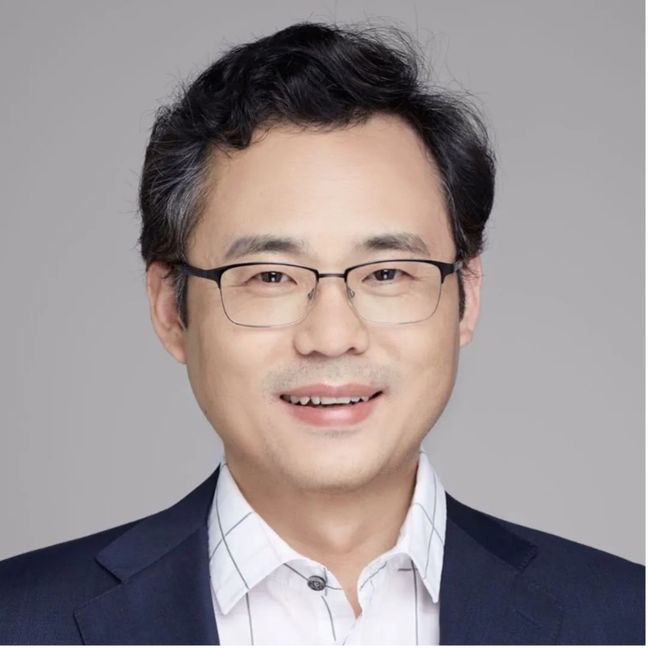
Yayu Wang
Tsinghua University
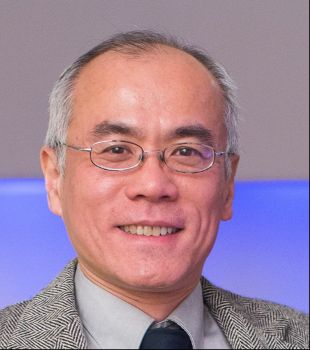
Ziqiang Wang
Boston College
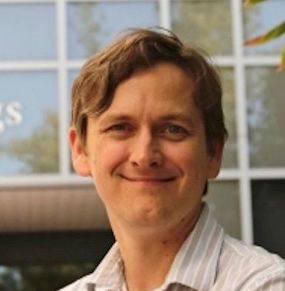
Stephen Wilson
University of California, Santa Barbara
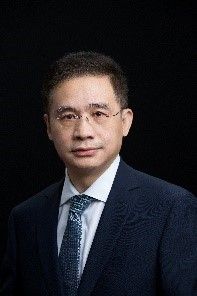
Tao Xiang
Institute of Physics, Chinese Academy of Sciences
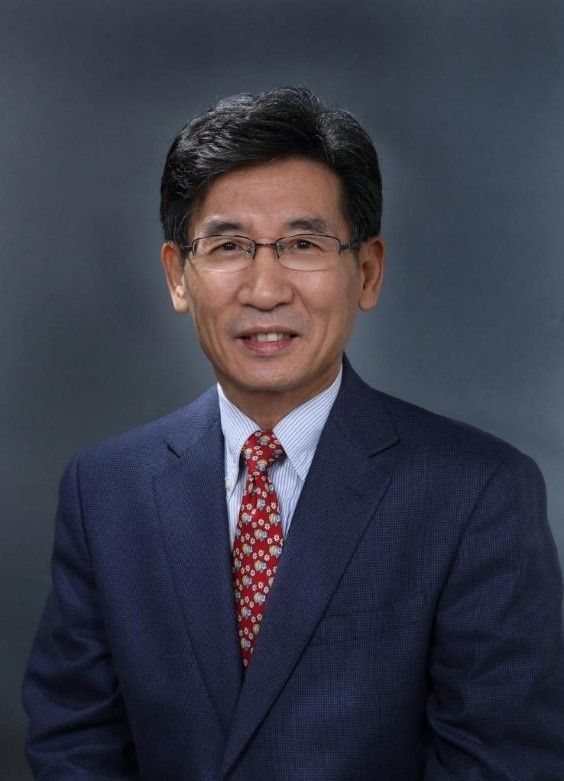
Qikun Xue
Southern University of Science and Technology/ Tsinghua University
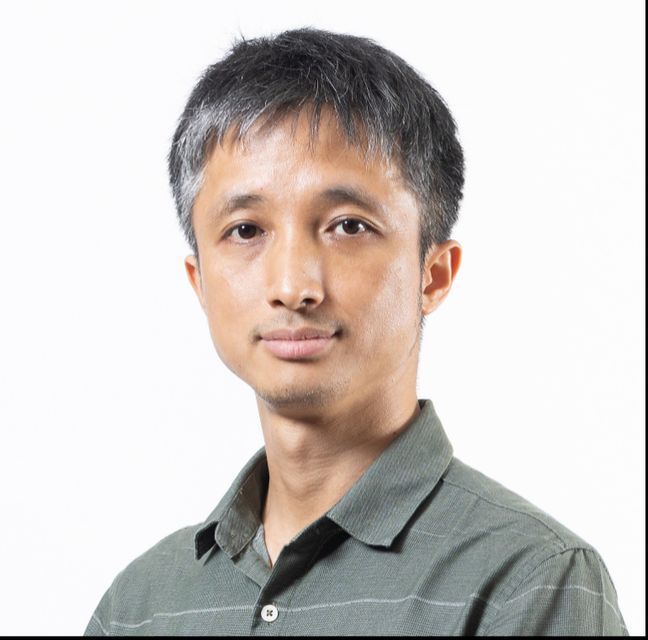
Wang Yao
Hong Kong University
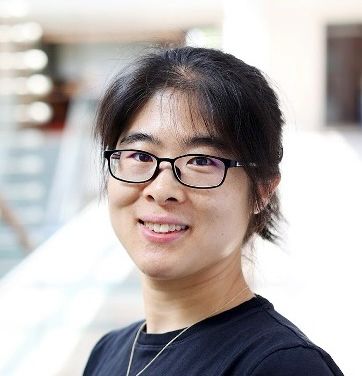
Mengxing Ye
University of Utah
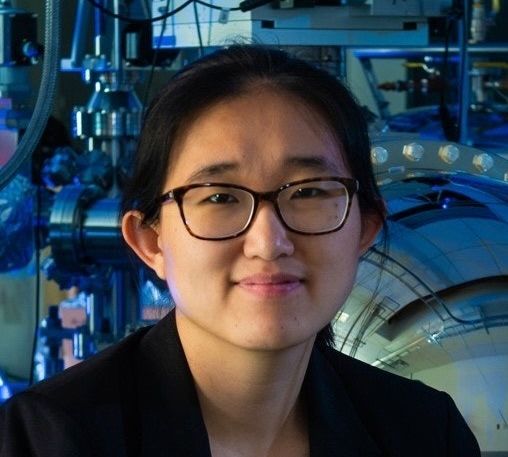
Ming Yi
Rice University
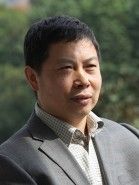
Huiqiu Yuan
Zhejiang University
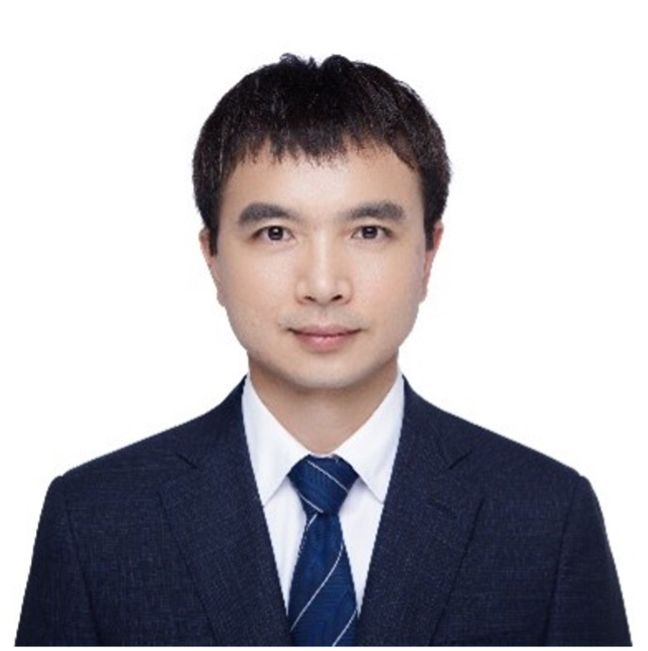
Yuanbo Zhang
Fudan University
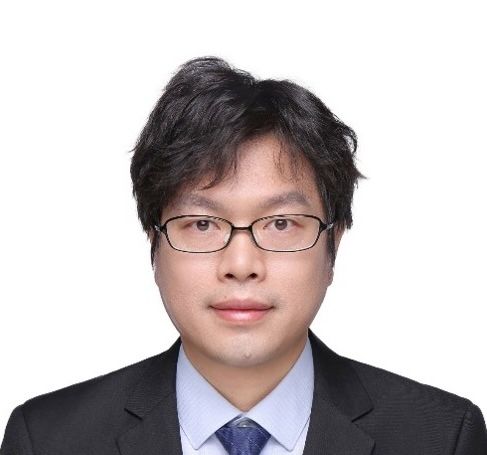
Jun Zhao
Fudan University
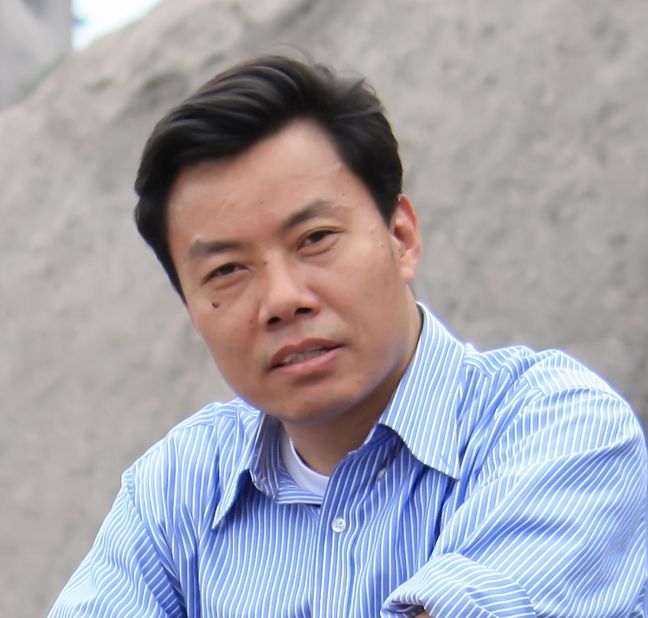
Xingjiang Zhou
Institute of Physics, Chinese Academy of Sciences